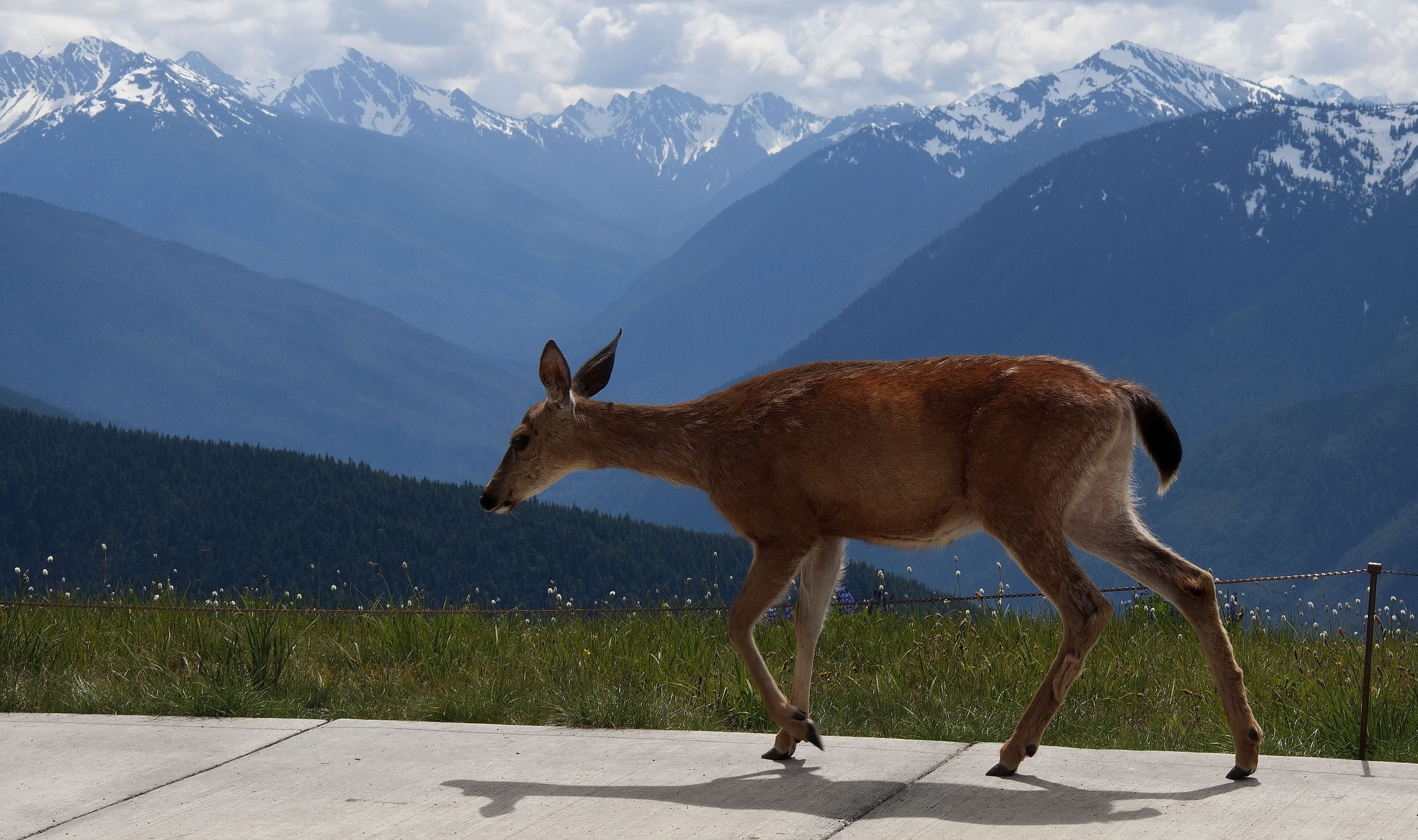Four days in November, 50 Years Ago
Like all of us of a certain age, I remember the moment I learned President John F. Kennedy had been shot in Dallas. I was sitting in Mrs. Mahoney’s third-grade class in Allenstown, N.H. She had left the classroom on that early Friday afternoon. When she returned, Mrs. Mahoney was crying. She wrote on the chalkboard, “President Kennedy is dead.” Then she left the room again, leaving a dozen third-graders sitting in silence.
With my myopic vision, at first I thought she had written “Principal Kenney” is dead.” That was the name of the fellow who ran the school. I wondered what could have happened to our principal. I quickly realized what was actually written on the board about the time the bell rang. We were dismissed from school and told to go home.
The usual group of boys walked home, far more somberly than usual. Who had killed the president, we speculated? Surely it must have been the Communists or the Cubans, someone remarked. I wonder if there will be nuclear war, another asked. As did schoolchildren across America in the 1950s and early 1960s, we had conducted disaster drills where we crouched under our desks, hugging our knees. Even at 8-years-old, I scoffed at the notion that would protect anyone from the destructive force of a hydrogen bomb.
My mother was home watching television. For the next four days, it seemed all anyone did was watch this sad, unreal spectacle unfold on TV. Kennedy was universally beloved in New England, especially in the French-Canadian community in which I was raised, where most families attended St. John the Baptist Catholic Church. The surnames in this town were Bourque (my mother’s maiden name), Boudreau, Courtemanche, LeBlanc and Rousseau.
Kennedy dying in Texas had a special significance for my family. My paternal grandfather had moved to Longview a decade earlier. My earliest memory is of playing with a toy car in the aisle of an airplane. It was taking us to Dallas Love Field in the late 1950s. We were visiting Texas and my dad’s parents for the first time. I wore cowboy boots to mark the occasion. Now Kennedy had been murdered in Dallas, and some were blaming its hostile political climate for making it possible.
|———|
Two days after the assassination, my family was about to leave Allenstown to visit my maternal grandparents, as we did nearly every Sunday afternoon. The cousins invariably played outside regardless of the weather, while the grownups drank coffee and talked. I stood in our living room watching television, waiting for my parents to come downstairs. I was watching television as Jack Ruby shot Lee Harvey Oswald in the basement of the Dallas police station.
I called out to my parents, over and over. “Somebody shot Oswald! Somebody shot Oswald!” At first skeptical, they soon realized it was indeed true. Television had captured live the murder of Kennedy’s assassin. My mother muttered something about the world going mad. It was hard to disagree.
Two days later, our entire school watched Kennedy’s funeral on a television set up in the school cafeteria. As did most everyone, I felt saddest for the children, John and Caroline, now growing up without a father.
Over the next five years, television brought a world of violence into our living room. The escalation of the Vietnam War meant thousands of Americans killed and wounded, protests at home, and a nation divided. In 1968, just four months apart, both Martin Luther King, Jr. and Robert F. Kennedy were killed by assassins. Lyndon Johnson said he would not stand for another term as president. A few weeks after Bobby Kennedy’s death, my parents moved us to Texas, to escape the brutal winters and then-sluggish economy of New England.
For my generation, Nov. 22, 1963 is our 9/11, just as an older generation remembers exactly where they were on Dec. 7, 1941. I don’t know what would have been different if Kennedy had lived and served a second term. Many people far smarter than me have speculated about that.
All I know is that Kennedy’s death somehow changed all of us who were alive then, and it wasn’t for the better. That much I know.
Leave a reply
Fields marked with * are required











